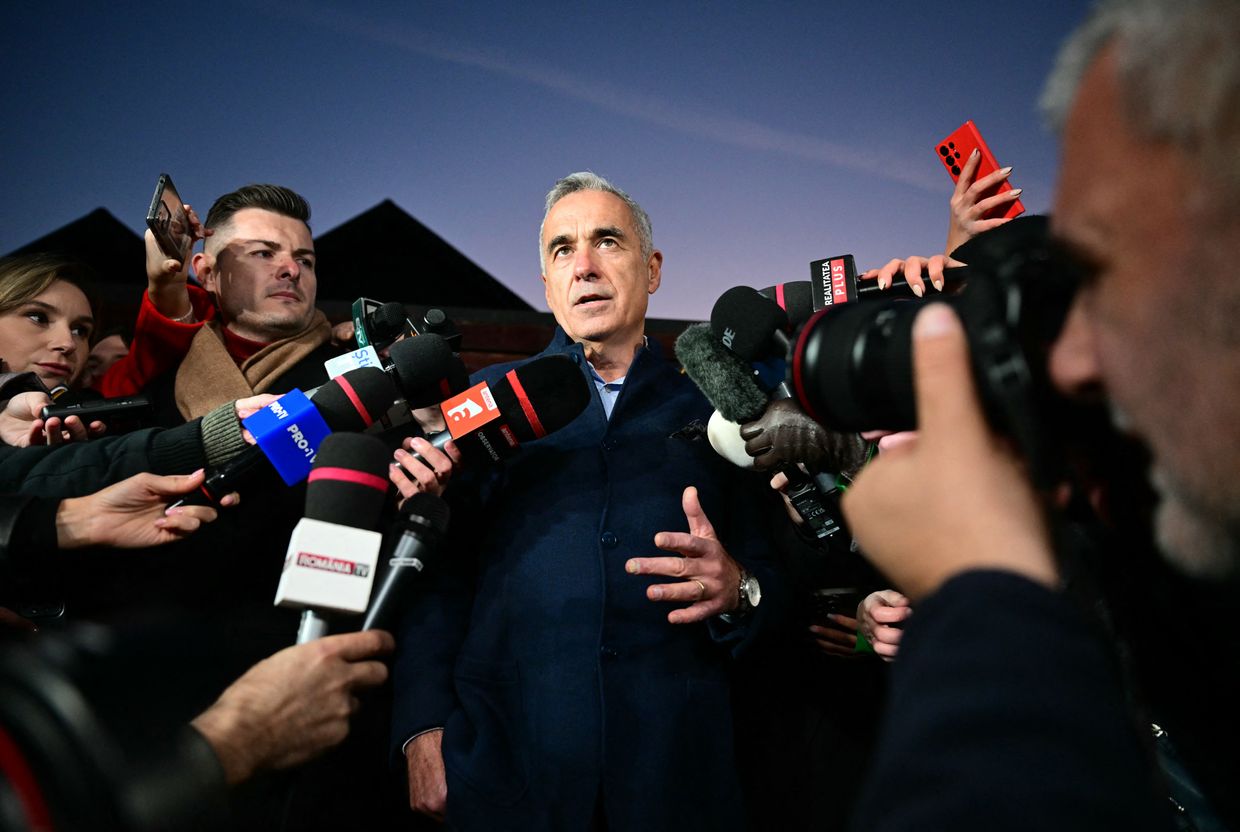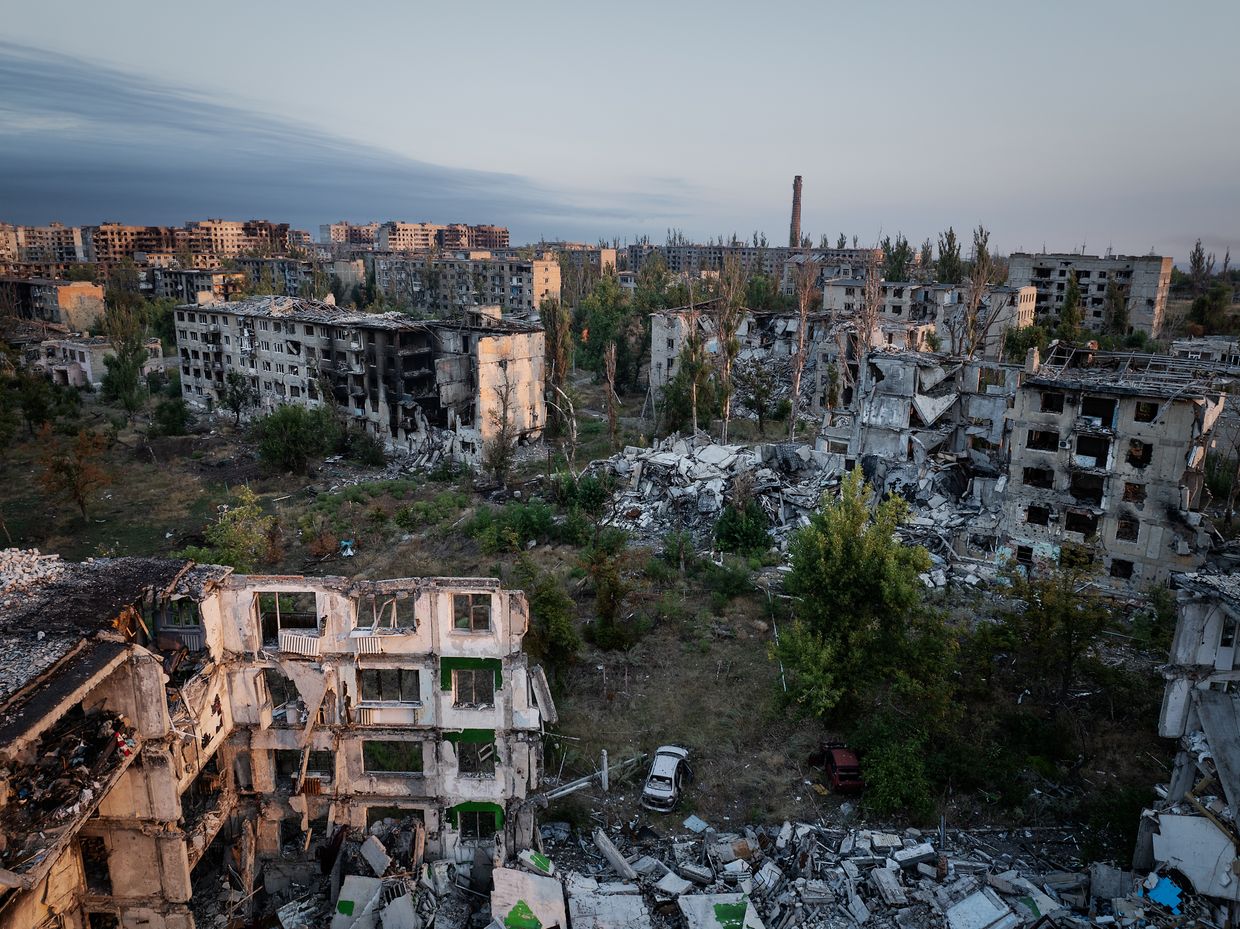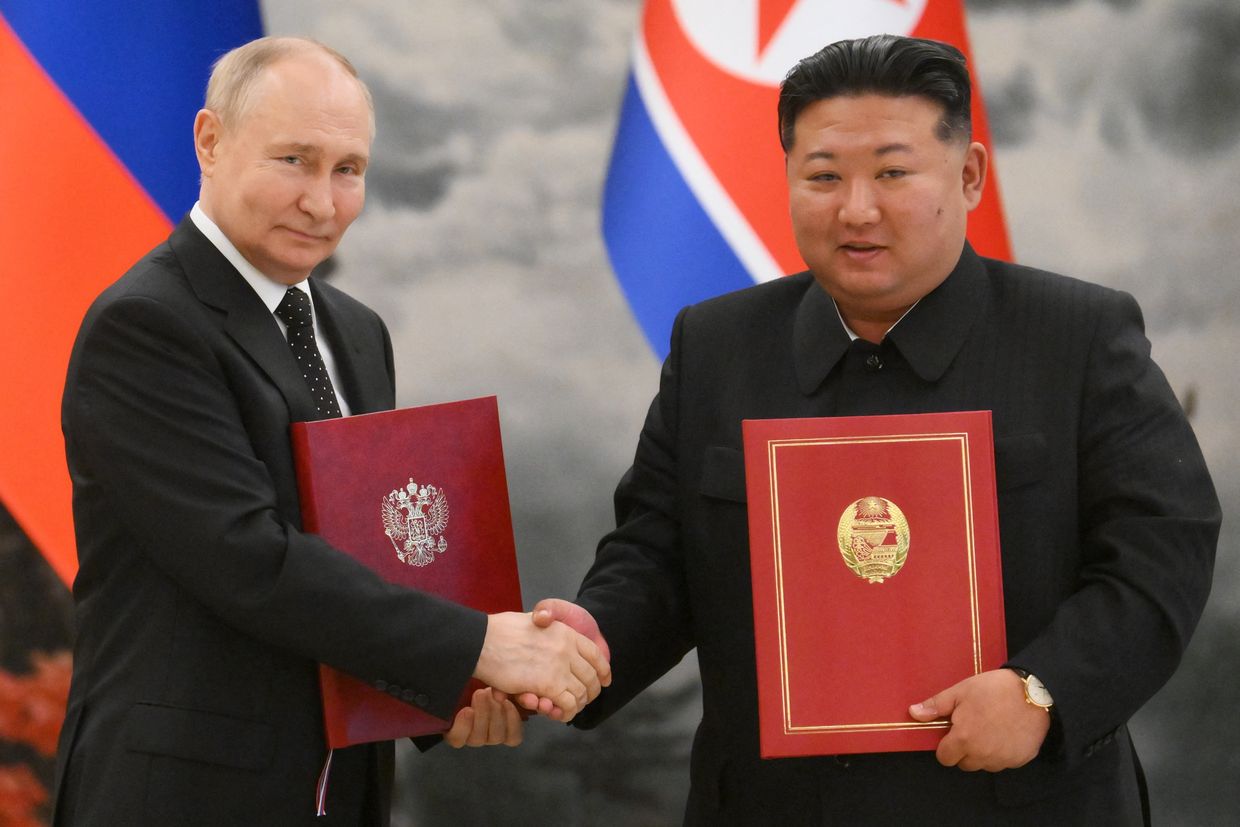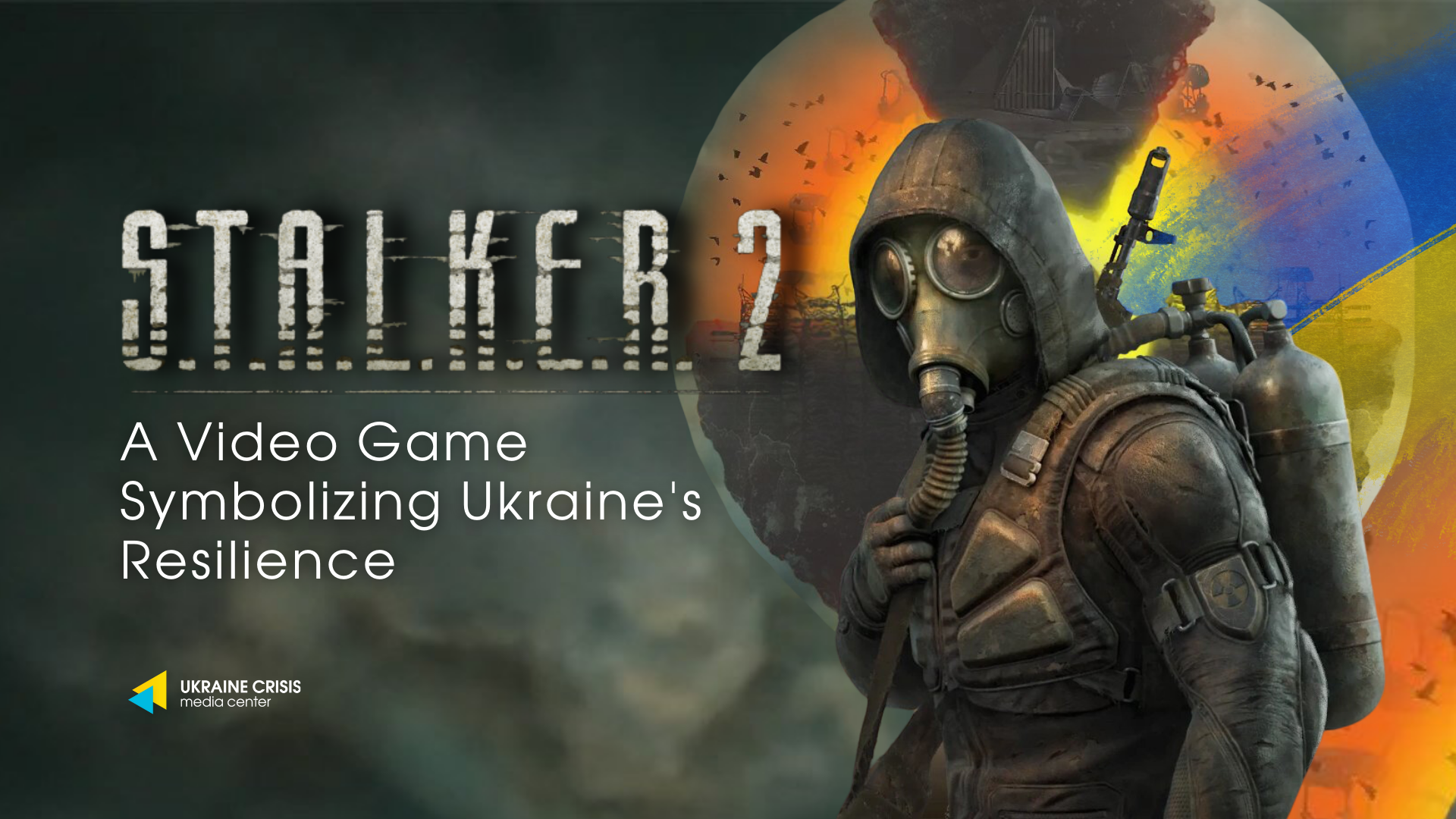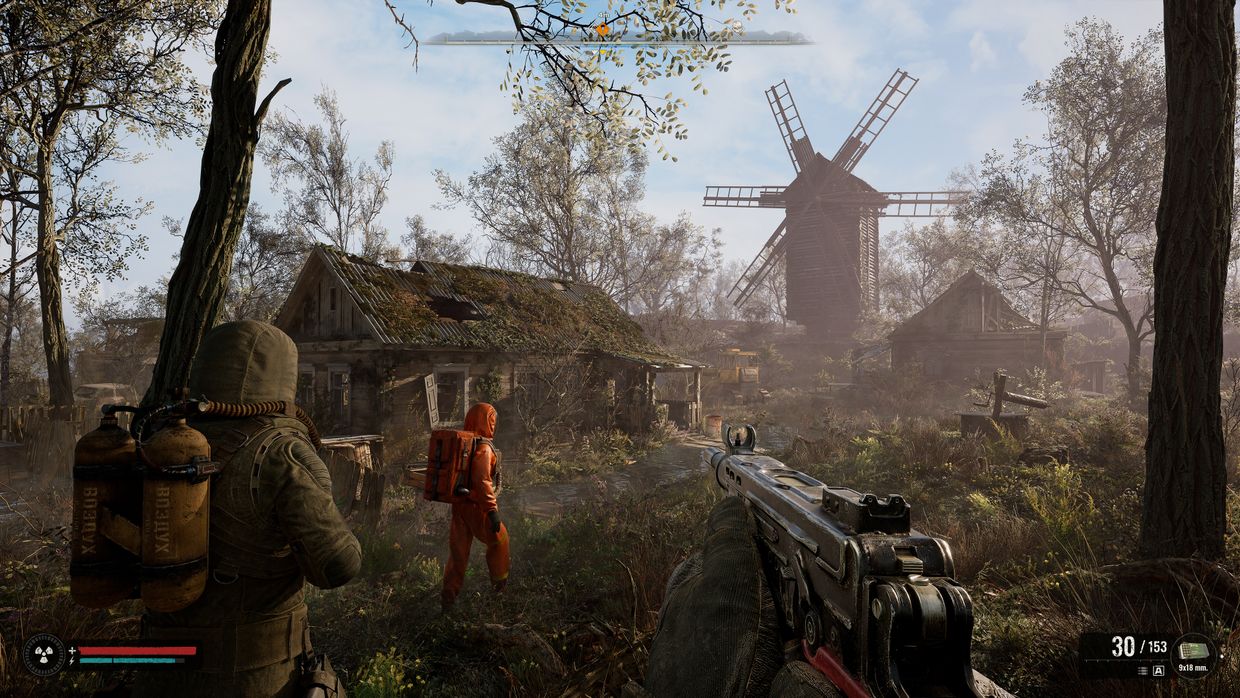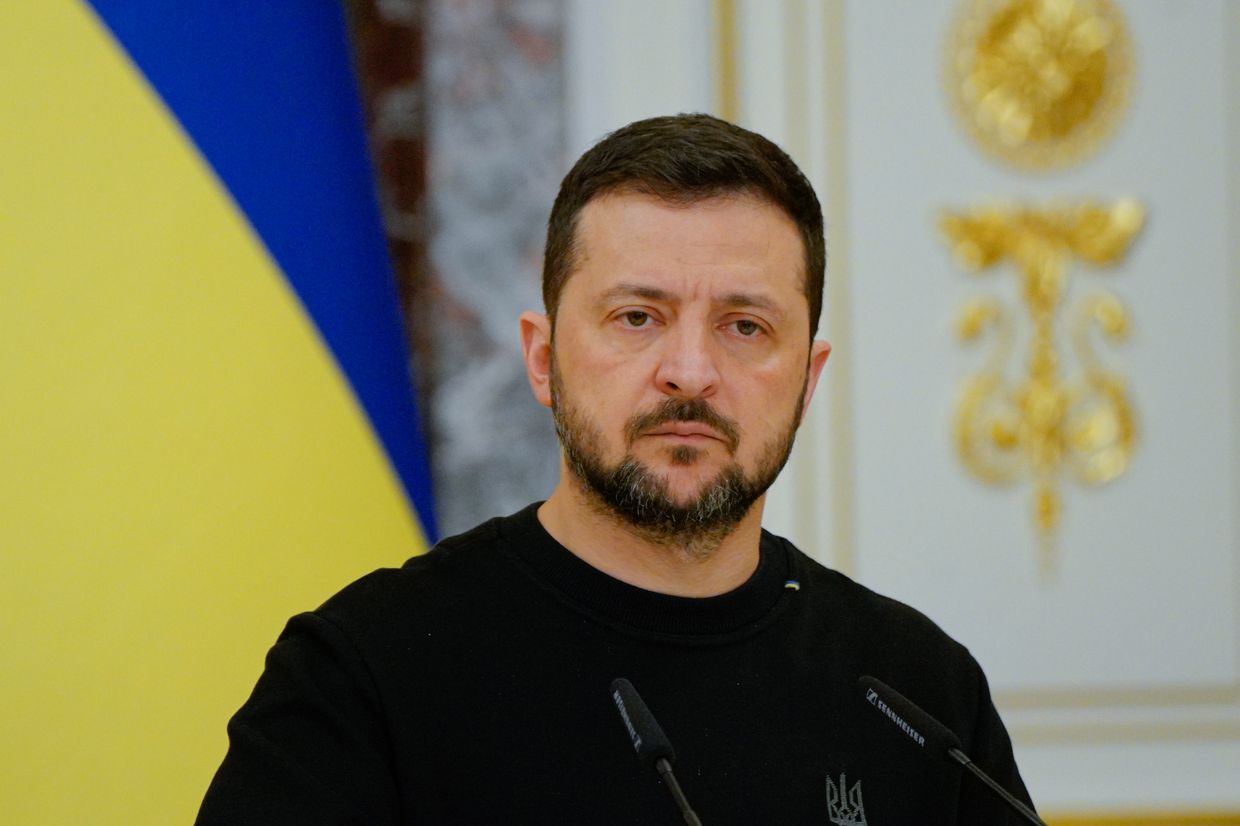24, with nearly 23%, a shock result that contradicted previous polling. Nationalist parties failed to win a majority in the Dec. 1 parliamentary elections but more than tripled the far-right presence in Romania's legislature.Though far from a full victory, such a political shift in a country whose government staunchly supported its Ukrainian neighbors underscores the growing fatigue across Europe. It also reveals how European voices critical of support for Ukraine are steadily leaving the fringe of political discourse.Georgescu, a conspiracy theory-loving politician who has praised Russian President Vladimir Putin and Romania's World War II-era pro-Nazi dictator Ion Antonescu, is expected to face pro-EU Elena Lasconi in the presidential runoff on Dec. 8.Initially considered a marginal candidate, conservative ultranationalist Georgescu owed his success to a strong social media presence that helped him capitalize on the anti-establishment votes.The first round, accompanied by accusations of TikTok's pro-Georgescu bias and Russian-linked cyberattacks, was even subjected to a recount and had to be validated by the Constitutional Court.In the parliamentary elections, the Alliance for the Union of Romanians (AUR), whose leader George Simion has been banned from entering Ukraine, came second with more than 18% of the vote, trailing only the incumbent Social Democrats with 22.6%.A woman casts her vote in the parliamentary elections at a polling station in Buzau city Dec.
Content Original Link:


